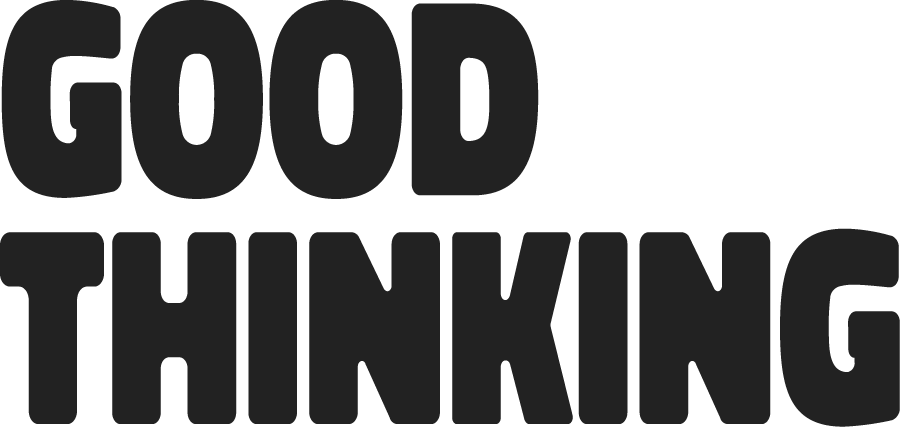What It Really Means to Be a Strategic HR Leader: Insights from Indy Lachhar, CPO at Robert Walters
What does it really mean to be strategic in HR?
It’s a question that many people professionals have grappled with throughout their careers, often without a clear answer. In a recent episode of The Strategic Leader podcast, Indy Lachhar, Chief People Officer at Robert Walters, shared a refreshingly honest and insightful perspective drawn from her own 25-year journey in HR.
For Indy, being strategic isn’t about abstract models or textbook definitions. It’s not about launching countless initiatives or rolling out the latest HR tech. Instead, it’s about anchoring HR in what truly matters to the business, asking better questions, and being brave enough to focus on impact over activity.
At the heart of Indy’s approach is a simple but powerful belief: strategy starts with alignment. That means understanding the business strategy and working backwards to identify how people practices can enable success. But she also notes that in many organisations, the business strategy isn’t always clear. Rather than waiting passively, Indy sees this as an opportunity for HR to lead, using its unique position to influence direction through the lens of people.
Relationships are central to this work. Indy emphasised the importance of building trust with stakeholders and creating the space for open, honest dialogue. When those relationships are strong, HR leaders are better positioned to understand what the business is really trying to achieve, even when those at the top are still figuring it out themselves. This allows HR to shape its priorities based on insight, not assumptions.
A recurring theme in Indy’s leadership style is curiosity. She spoke about the transition many HR professionals experience as they move from being subject matter experts to strategic partners. Early in your career, you might feel your value lies in having the answers. As you progress, it becomes clear that your real value lies in asking the right questions. Indy challenges herself and her team to constantly reflect on two deceptively simple questions: what are we here to achieve, and what are the top three to five things we must deliver to drive value and impact?
Value is a key word here. Too often, HR work is viewed through an internal lens, focusing on internal processes and efficiency. But as Indy explained, genuine strategic impact means looking beyond the walls of the organisation. HR should be asking how its work contributes to customer outcomes, commercial success and long-term sustainability. That shift from internal delivery to external value is what sets strategic HR apart.
Of course, being strategic also means prioritising. Indy acknowledged how difficult it can be for HR professionals, especially those who are motivated by helping others, to say no. But focus requires discipline. With limited time and resources, the ability to say no to one thing in order to say yes to something more valuable is essential. And when relationships are in place, those difficult conversations become easier. People trust that your no is coming from a place of clarity, not obstruction.
One of the most compelling parts of Indy’s approach is her commitment to reflection. Each week, she takes time to consider three simple prompts: what’s gone well, what’s been difficult, and what needs to be different. This personal ritual helps her stay grounded, continuously learn and prepare to show up with intention. It also serves as a reminder that strategic thinking doesn’t always happen in big moments. It’s built in the quiet discipline of reflection, week in and week out.
Throughout the conversation, Indy returned to one key idea: doing the right thing. In a function where the outcomes aren’t always immediate or tangible, this guiding principle serves as her true north. Whether it’s supporting leaders, shaping culture or making tough calls, doing the right thing for people, the business and the customer is the anchor that keeps her focused.
The role of HR is unique. No other function touches every part of the business in the same way. This gives HR professionals access to stories, insights and patterns that others simply don’t see. That insight is powerful. But it also comes with responsibility. It’s not enough to collect data and anecdotes. The challenge is to translate that knowledge into clear priorities and actions that make a difference.
Strategic HR isn’t about having all the answers. As Indy so wisely put it, it’s about asking better questions, listening deeply, and staying closely connected to both people and purpose. That’s how HR becomes not just a support function, but a critical enabler of performance and growth.
